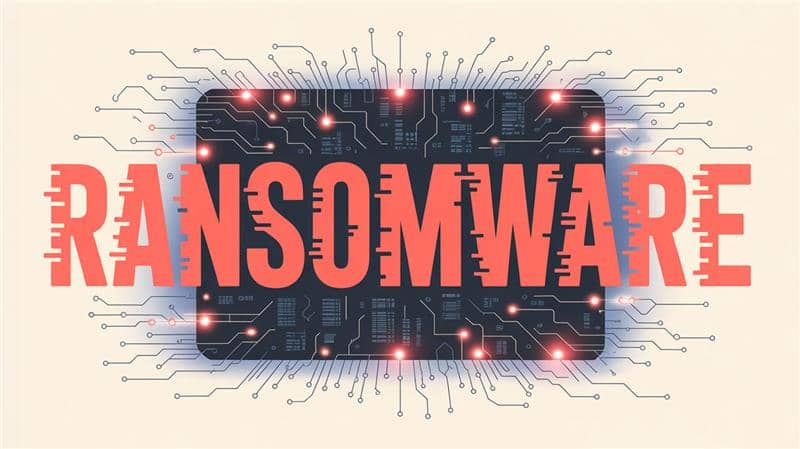Last week, on Thursday (25 September), hackers reportedly stole names, pictures, and addresses of more than 8,000 children from the Kido nursery chain in the UK. The company has 18 outlets in and around London, with several others in India and the US. The attack affected all 18 sites in the UK.
The hackers, who refer to themselves as “Radiant,” are using this highly sensitive data to demand a ransom from the company. The group has already posted some information about the children online and threatened to release more until they are paid a ransom.
The imminent threat
The criminal gang posted profiles of 10 children on Thursday on their dark web website and another 10 profiles on Friday (26 September). Moreover, they’ve leaked several private data points of other employees of the company that include insurance numbers, pictures, names, contact details, and addresses.
The group has told Sky News that they’ll release dozens of information that includes profiles of 100 employees and 30 children and posted the same information on what they claim to be a “data leakage roadmap” on their dark web website. In a cybersecurity industry briefing, the Guardian reports that the radiant group is a new cybercrime group that’s ‘testing the boundaries of morality and depravity.”
The ransom demand is something around 1.5pc of Kido’s yearly revenue. And up to now, it’s understood that the ransom hasn’t been paid yet by Kido.
According to sky reports, the stolen data includes incident reports, medical records, and any medications administered to youngsters. According to the BBC, the hackers claim that they do their work entirely for money reasons and they’re not guilty of the incident.
Kido’s response
According to an email obtained by media, Catherine Stoneman, the CEO of Kido UK, traced the breach to “two third-party systems used to process some data.” She also said that Kido is treating the hacking incident “with the highest priority.”
Perhaps, the company is working closely with the UK Information Commissioner’s Office (ICO) and Ofsted, as well as the Metropolitan police, to investigate the matter.
According to Jonathan Ellison, the UK National Cyber Security director for national resilience, the cyber-attack is a “deeply distressing” incident. He went on to say that these cyber criminals can target anyone when they think that there’s money they can get.
Parents contacted
As if the threat to release more information and get ransom from the company isn’t enough, the hackers have gone an extra mile to reach out to parents.
Speaking to the BBC, one parent said she received a phone call from the alleged hackers threatening to leak her child’s data unless she pushes the nursery hard to pay the ransom.
A group of parents went ahead on Friday and posted on their dark web page that anyone affected may sue. They don’t care about your data.” Besides, they included a link that led to a joint claim page.
A series of attacks
Cybercriminals are indeed not sleeping; each day, they’re keeping up with the pace of online growth. Earlier this month, several airports across Europe were affected after a cyber-attack that disrupted baggage as well as check-in systems for several days. Also, there were several high-profile attacks on retailers in the UK that include Harrods and Co-Op, Marks and Spencer, and one on the major carmaker Jaguar.
The UK government looks to restrict the public sector like local councils, schools, and the NHS, from paying ransoms to cybercriminals. It’s a move that the government believes will protect some of the critical services. Most private sector bodies, including Kido, are not subject to that restriction, but if they intend to pay a ransom, they must notify the government.
Nevertheless, the incident clearly shows how significant data-protection systems are and that all institutions should prioritize them. Therefore, individuals and organizations should successfully implement regular system updates, monitoring tools, and other high-profile privacy tools like VPNs. Also, they need privacy training programs for staff and parents.
